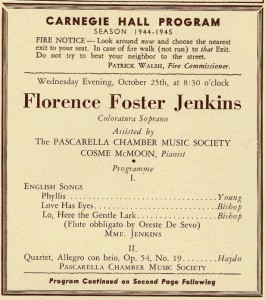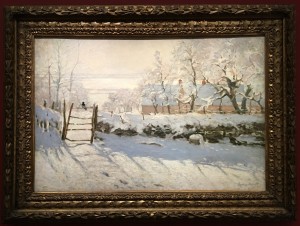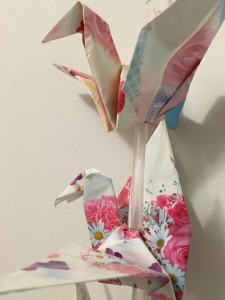
I’ve always known the call to write. Mom supported my efforts, placing a small table in the dormitory-style room that held beds for me, my siblings, and our grandmother. The writing space didn’t last long; getting into closets on either side required sliding the desk one way or the other. But the message was clear: Mom knew I was a writer.
I wrote away, crafting stories in class instead of doing assignments, sending articles and poetry to magazines and contests. When I became a young mother, working around loads of laundry and late-night feedings, I filled journals and wrote what was in my heart.
“Someday I’d like to have a column,” I confided to a friend. His response was that I didn’t have the credentials or enough published work. Undeterred, I continued submitting work.
Persistence paid off. A few articles were published. One led to a book contract. Eventually, the editor of this paper offered the opportunity to write a column. I said “yes” then spent the next few weeks worrying how to find topics for a year’s worth of column inches.
I thought about my writer’s journey recently – small steps taken without courses or credentials, just trust in a knowing that stirred within – after reading a line in Mark’s gospel. Having finished speaking from a boat to a crowd on shore, Jesus asked his friends to take him to the other side of the lake. He needed some downtime, and they obliged: Leaving the crowd, they took Jesus with them, just as he was.
What did that mean – just as he was? What was the alternative? Giving him time to go home, pack some food and grab another tunic? Wasn’t Jesus always ready, just as he was? Aren’t we all?
It’s tempting to think we can move forward only after becoming better prepared, but despite feelings to the contrary, deep down, we are ready to take next steps in our lives. Jesus knew that. He didn’t look for perfect people to join in his work. He didn’t wait until they had studied up on their scripture or understood everything he was saying. He called them, just as they were, trusting they’d learn and grow as they walked with him.
We will, too. We’re called to contribute to the holy work of building the beloved community, just as we are.
We might be full of fear and anxiety. Maybe we’re burdened by the weight of injustice or buoyed by unrecognized privilege. Maybe anger saps our energy or optimism gives it a boost. Whatever we carry, wherever we stand, when we give ourselves to it, the journey will change us. One way or another, it offers what we need to take another step, no matter how small. It may require a change of direction or going places we’d rather not go. (In Mark’s story, Jesus and his buddies were unknowingly headed into a storm.)
I write this after a momentous two weeks. White supremacy, hate, division, and violence were on display during the January 6 insurrection at the Capitol Building. U.S. deaths from Covid-19 topped 400,000. The inauguration of the new president and vice president proceeded without incident, but in a city fortified with thousands of troops. In his speech, President Biden called for healing and unity in meeting “these cascading crises.” Amanda Gorman called us to be brave enough not only to see the light but to be the light in her poem The Hill We Climb.
These times call for action. From everyone. These times pose questions: How to bend the moral arc towards justice? How to root out systemic racism? How to combat the coronavirus? How to restore respect and commitment to the common good? I can’t wait until I’m “ready.” None of us can.
We have to go, just as we are. Now. And trust in a few things: Love dwells within each of us. Sinking into to quiet, connecting to that Presence, we are empowered to share that Divine spark. When we do, we help transform the world, bit by bit. We are enough. We are a work in progress. Together, we are The Work in progress.
When life is overwhelming, I remember: I don’t go alone. None of us do.
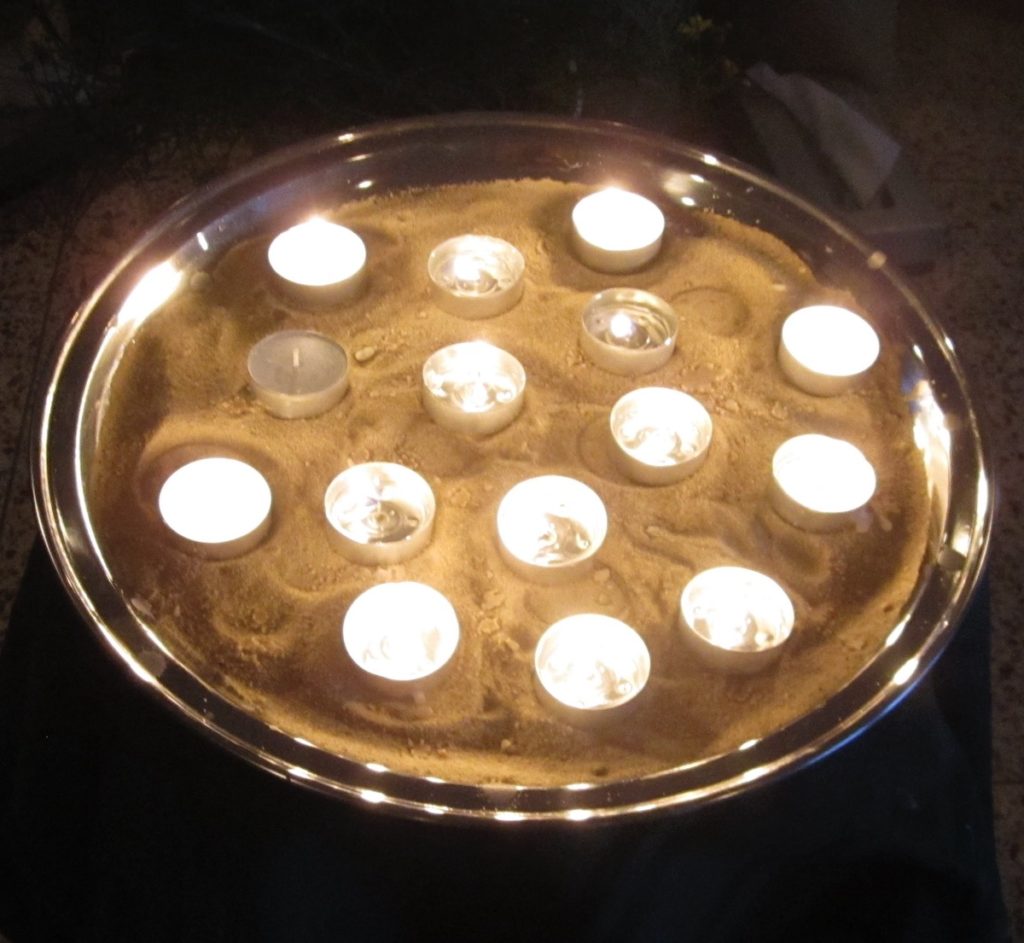
© 2021 Mary van Balen
Take the first step in faith. You don’t have to see the whole staircase, just take the first step.
attributed to Martin Luther King Jr. by Marian Wright Edelman in Mother Jones 1991


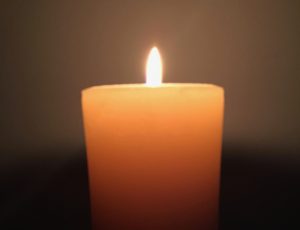 On Ash Wednesday I took tentative steps into the Lenten season. I wasn’t sure what disciplines to embrace, but that morning I lit a candle and sat quietly in prayer before going through liturgical readings for the season. I attended a noon service and stood in line to receive ashes on my forehead, remembering that I was dust and someday, to dust would return.
On Ash Wednesday I took tentative steps into the Lenten season. I wasn’t sure what disciplines to embrace, but that morning I lit a candle and sat quietly in prayer before going through liturgical readings for the season. I attended a noon service and stood in line to receive ashes on my forehead, remembering that I was dust and someday, to dust would return.

